
A Rohingya woman holds her child as she looks out from her shelter at a displacement camp in Sittwe, Arakan State. (PHOTO: AFP/DVB)
Arakan, 21 Rabi’ul Awwal 1435/12 January 2015 (MINA) – UN Special Rapporteur on Human Rights Yanghee Lee has drawn a mixed reception on her second visit to Myanmar.
At Sittwe airport, as many as 500 Arakanese nationalists are waiting to protest her arrival later on Thursday.
They say they are angered by Lee’s report urging the Burmese government to embrace the term Rohingya and grant citizenship to Arakan’s persecuted Muslim community, Democratic Voice of Burma (DVB) quoted by Mi’raj Islamic News Agency (MINA).
“We saw her report as inconsiderate toward our national security and interfering with the country’s sovereignty more than necessary,” said Ko Thwin, one of the protestors. “We are protesting to show that we absolutely do not accept it.”
Also Read: Sumud Nusantara Finale for Gaza to Draw Over 100,000 in Kuala Lumpur on August 24
Meanwhile, Lee, who arrived on Tuesday night, was in Rangoon on Thursday morning meeting with civil society groups and rights activists, including the All-Myanmar Federation of Student Unions and Equality Myanmar. She met the previous day with the Myanmar Lawyers Network, Latpadaung copper mine activists, and Michaungkan land grab protestors, and also visited Insein Prison to inspect living conditions.
Aung Myo Min, director of Equality Myanmar, said he and Lee discussed the controversial Race Protection Law package being proposed in parliament and issues relating to women rights.
“We pointed out in the meeting that the law package, while supposedly meant for ‘protection’, is in reality designed to control the masses,” he said. “Such laws that only ‘protect’ a certain group of people in a multi-ethnic and multi-religious country like Myanmar will incur more negative consequences than good ones.”
Matthew Smith, executive director of Bangkok-based Fortify Rights, said that Lee’s visit comes at an “important time”, as the organisation has documented increasing abuses by authorities of Rohingya Muslims in Arakan and of Kachin civilians in Myanmar’s north.
Also Read: Nearly 200 Dead as Flash Floods and Landslides Devastate Northern Pakistan
“Ms Lee has her work cut out for her,” he wrote in an email. “She’s already demonstrated a willingness to carry out her mandate carefully and in the interest of Myanmar’s people. We look forward to positive outcomes from her interventions.”
Similarly, Guy Horton, a British academic who was shortlisted last year for the special rapporteur job, exhorted Lee to take bold action on the Rohingya issue.
“The only person who can speak out, condemn and prevent the destruction of the Rohingya is the special rapporteur,” he wrote. He also recommended that Lee pursue a program to educate all political parties on the meaning and applicability of federalism, demand access to Kachin IDPs and request the formation of a “truth commission”.
Lee made her first 10-day visit to Myanmar in July, visiting Arakan and Kachin states as well as Rangoon, Naypyidaw and Mandalay. At that time she said she found conditions in IDP camps across the country “deplorable” and noted that the “health situation in the Muslim IDP camps is of particular concern”.
Also Read: Nearly 1.5 Million Afghans Forced to Return from Neighboring Countries
Myanmar’s Rohingya population has for decades been subject to restrictions on movement and several aspects of family life, under state policies premised on population control. Rights groups have condemned the policies as tantamount to “persecution”, a punishable offence under international law.(T/P004/P3)
Mi’raj Islamic News Agency (MINA)
Also Read: Flash Floods Hit Kashmir, 20 Killed





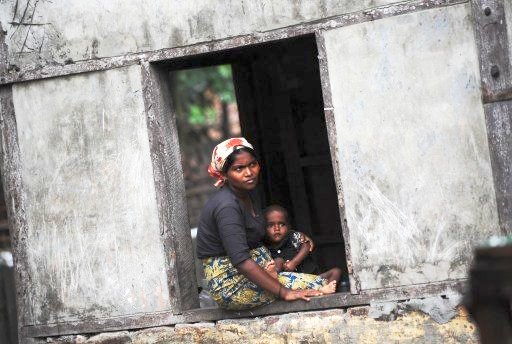

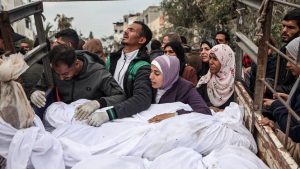
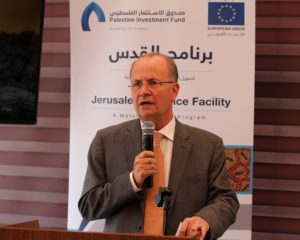
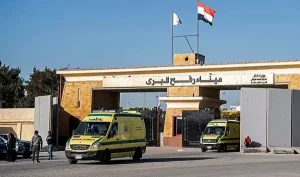

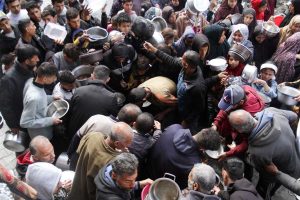

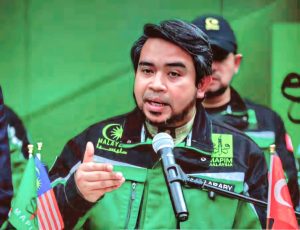

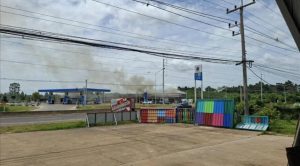
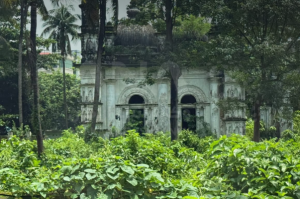
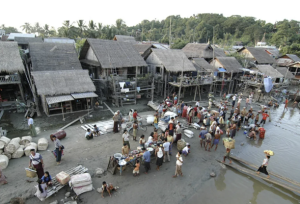
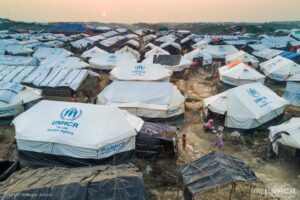
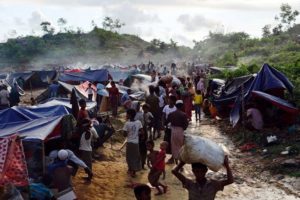



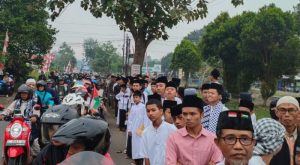
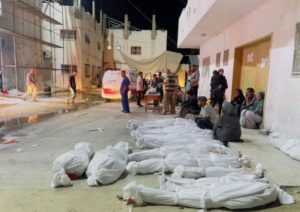




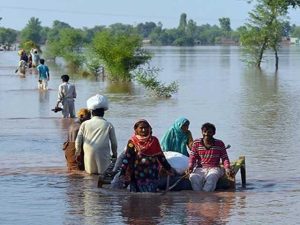
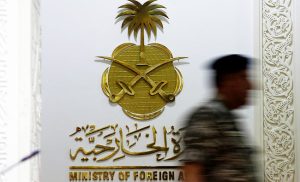

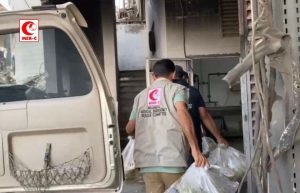



 Mina Indonesia
Mina Indonesia Mina Arabic
Mina Arabic